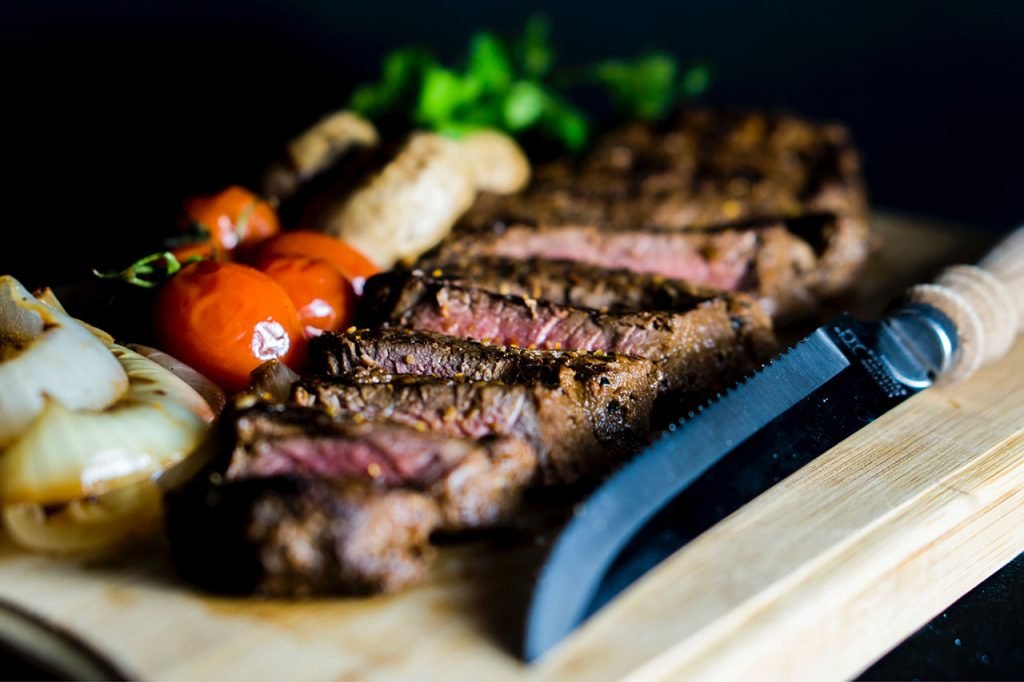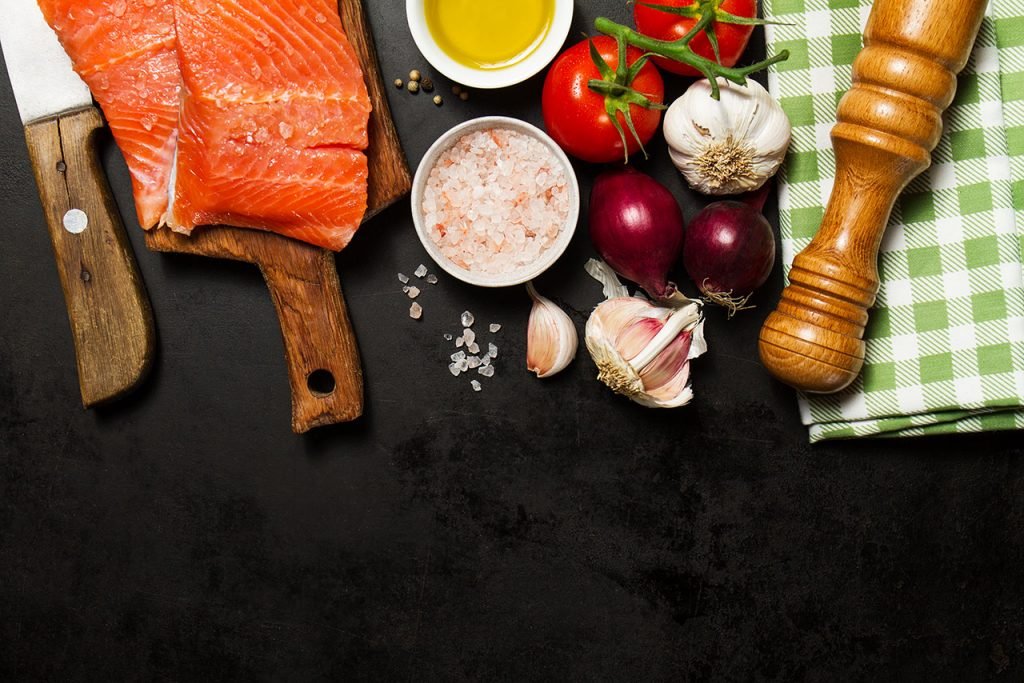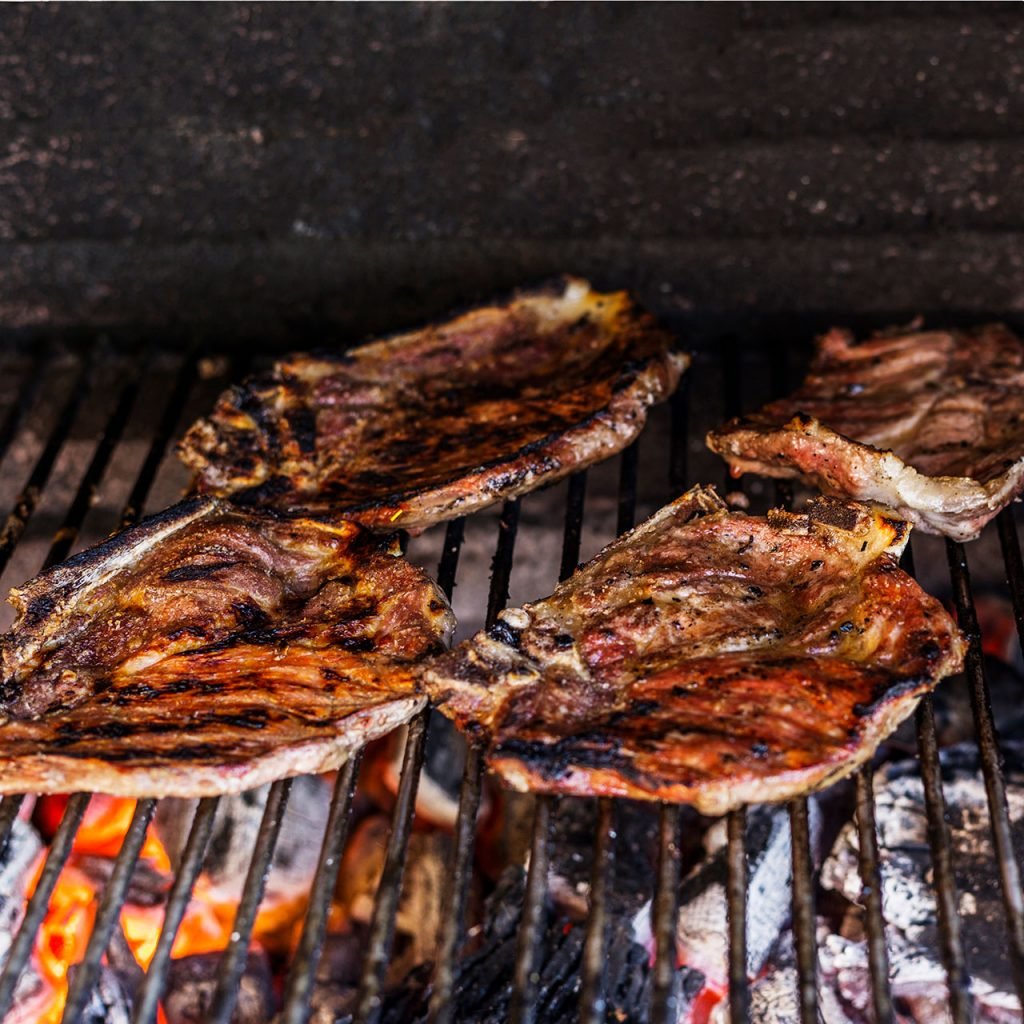
Photo by amirali mirhashemian on Unsplash
Have you ever wondered why some dishes taste differently when cooked by a different chef? Or the meal taste better than the last time you had it. If you haven’t noticed before this mostly applies for cooked steak or cut meats, and the reason to it may not solely be because of the meat itself but a magical process called the Maillard reaction.
The Maillard reaction is a process which occurs when protein is cooked. When the sugar and amino acids in the meat are heated up, the chemical reaction produces a flavourful taste and aromatic fragrance. Amino acids are the building blocks of proteins which can be found in most of our food. It also caramelises the sugar and gives the meat its signature brownish texture.

Designed by Valeria_aksakova
Bringing the flavours to life
During the Milliard reaction, the molecules in the protein brings out the characteristic smell of the meat during frying, roasting, searing and baking. However, you would realize that this process may become complex if you leave the pan on heat for long.
This process takes place in most types of food that we cook and may become more complex depending on duration of cooking and heat application. This also affects the aroma and flavours produce in our food. For example, a half-boiled egg will smell and taste different compared to a fried egg.

Designed by Freepik
Achieving different Millard reactions with temperature, moisture and cooking time
To achieve a quicker Milliard reaction you can simply increase the cooking temperature. This not only speeds up the chemical reaction but also the evaporation of water in the food, which results in a more concentrated amino acid and sugar composition.
However, just make sure that the cooking temperature does not go beyond 180 °C / 355 °F because if it does, your food will burn!
So next time you’re cooking or watching your favourite cooking show pay extra attention to how each type of food is cooked and how it changes texture and colour depending on the style of cooking. Not only will it make you a better cook but it can also be an interesting topic to impress guests at your next get-together.
